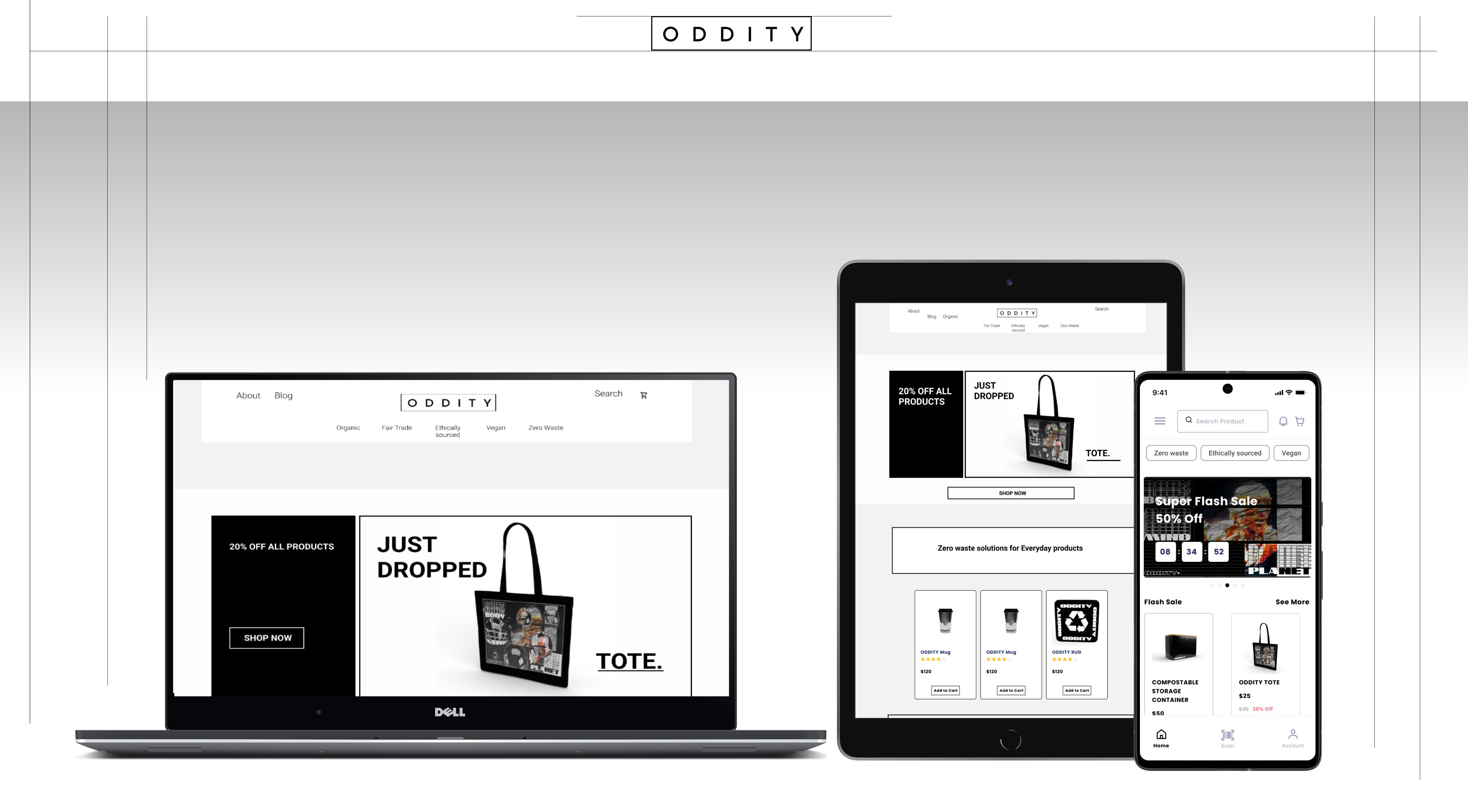Pain Points
Personas
Paper wireframes
The quick ideation consisted of producing the main function pages of the app which is a seamless checkout function for buying products
Digital wireframes
Usability Studies
The unmoderated usability study involved a user-centered approach, focusing on observing participants as they interacted with the app, and completing various tasks related to product search, selection, and checkout. This approach provided valuable insights into user behavior, preferences, and challenges, allowing for an in-depth understanding of the app's strengths and areas that require improvement.
Round 1 findings
Positive user feedback on sustainability verification badges, enhancing trust in eco-friendly products.
Clarity and ease of the checkout process received positive comments, contributing to a seamless experience.
Participants suggested enhancing the filtering functionality by adding more advanced sorting options for refined product searches.
Round 2 Findings
Users accessing the app on smartphones mentioned excessive vertical scrolling on product detail pages.
Participants emphasized the significance of user reviews in their decision-making process.
Design Changes
Updating the organising functions from the usability study to mockup and hi fidelity prototypes improved the user experience (eg., adding a menu button).
Updated the product page of the interface was also a main actionable change for the user to gain more insight and information about the product and what sustainability features that is offered
Accessibility Considerations
Updating the organising functions from the usability study to mockup and hi fidelity prototypes improved the user experience (eg., adding a menu button).
High contrast colour combinations for text and background elements this addresses accessibility for visual impairments
Utilising easily readable fonts with sufficient size for aging population
Utilizing consistent and predictable layout Patterns
Site Map
The goal of the responsive website is to create a user-centric platform that facilitates sustainable shopping by offering a curated selection of eco-conscious products across various categories. The website aims to address the challenges users face in finding trustworthy and sustainably sourced items online. Through transparency, verified information, and personalized recommendations, the platform seeks to empower users to make informed, environmentally conscious purchasing decisions while ensuring a seamless and accessible experience across different devices and user abilities.
Responsive Website
The goal of the responsive website is to create a user-centric platform that facilitates sustainable shopping by offering a curated selection of eco-conscious products across various categories. The website aims to address the challenges users face in finding trustworthy and sustainably sourced items online. Through transparency, verified information, and personalized recommendations, the platform seeks to empower users to make informed, environmentally conscious purchasing decisions while ensuring a seamless and accessible experience across different devices and user abilities.
Next Steps
Conduct another usability study to identify micro-interactions that need to be updated
Iterate design to improve on other community-building features of the app
Develop more of a Brand identity and collateral to add to the visual appeal and marketing of the app and business
Take aways
This Project enabled me to me identify how important it is to research information about particular subject (sustainable niche) and the role that plays in making content accessible for that community, Including accurate information and adapting it in an accessible way for the user.
Thank you for your time and for reviewing my work it is much appreciated.













